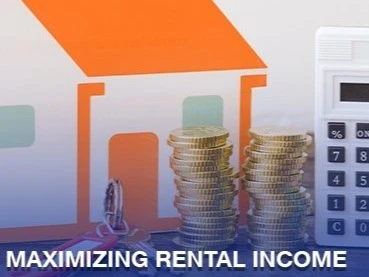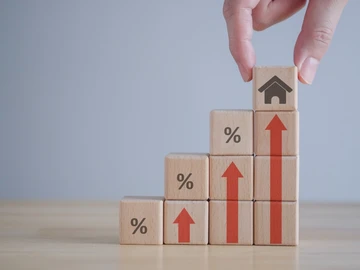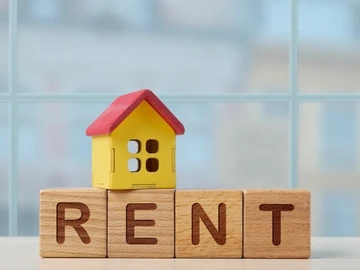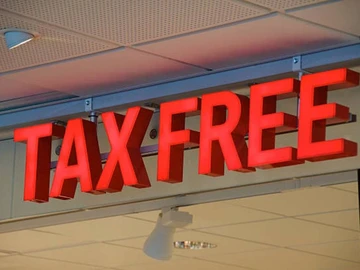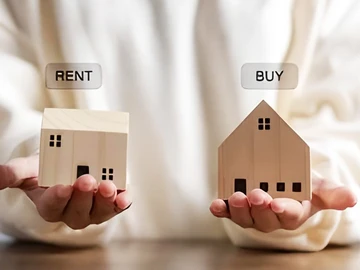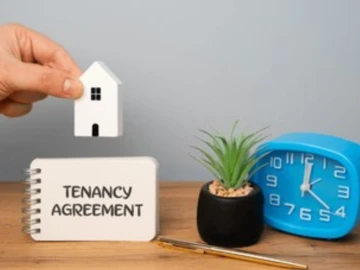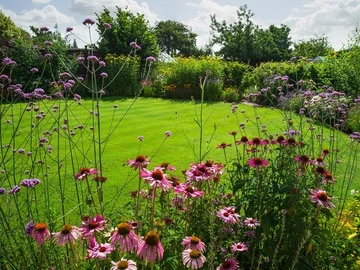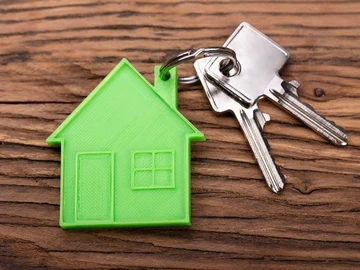Owning rental property in Zimbabwe can be a lucrative investment, but simply owning the property is not enough. To truly maximise your rental income, you need to adopt effective strategies that attract tenants, maintain occupancy, and increase the property's value over time. Here’s a comprehensive guide on how to maximise your rental property income in Zimbabwe, complete with local statistics and recent trends to help guide your decisions.
1. Set Competitive Rental Prices
One of the most important factors in maximising your rental income is setting the right price. Pricing your property too high may result in longer vacancy periods, while setting it too low may mean you're leaving money on the table.
Local Market Insight:
According to data from Zimbabwe National Statistics Agency (ZIMSTAT), rental prices in Harare's central business district (CBD) have increased by 7% year-on-year as of mid-2024, driven by demand from small businesses and expatriates. However, in areas like Avondale or Borrowdale, rental prices have seen more moderate growth, hovering around 3-5% annually.
Tip:
To determine the best rental price, conduct a comparative market analysis by researching similar properties in your area. Online platforms like Property.co.zw offer detailed rental listings that help you gauge what the market can bear. You may also want to regularly review your rental rates every 6-12 months to adjust for inflation or market changes.
2. Maintain Your Property to High Standards
Property maintenance is key to attracting and retaining tenants. A well-maintained property allows you to justify higher rental prices and reduces tenant turnover, both of which contribute to maximising income.
Example:
A property owner in the leafy suburb of Mount Pleasant invested in modernising their rental property by upgrading appliances, repainting the interiors, and maintaining the garden. This allowed them to increase the rent by 15% while attracting higher-quality, long-term tenants.
Tip:
Regularly inspect the property, address maintenance issues promptly, and consider making value-adding upgrades like installing solar panels, especially in areas prone to power outages. Tenants are more willing to pay extra for reliability and comfort.
3. Reduce Vacancy Periods
Extended vacancy periods can significantly reduce your overall rental income. Therefore, reducing the amount of time your property sits vacant is crucial.
Tip:
Consider offering flexible lease terms, such as six-month or 18-month leases, to align better with tenants' needs. Additionally, market your property effectively by listing it on top platforms like Property.co.zw, which has the widest reach in Zimbabwe’s rental market. This can increase your chances of filling vacancies faster.
Market Trend:
In 2023, vacancy rates in Harare's residential areas fluctuated between 6-12%, depending on the neighbourhood, highlighting the need to stay competitive in pricing and quality to keep your property occupied.
4. Target Corporate and Expatriate Tenants
Corporate and expatriate tenants often seek high-quality rental properties, are more likely to pay premium prices, and tend to stay for extended periods.
Example:
In areas like Highlands and Gunhill, property owners who target embassies and international organisations have seen stable, high rental yields. These areas are popular with expatriates and diplomats, allowing landlords to charge 20-30% higher rents than average residential properties in less affluent areas.
Tip:
Network with relocation agencies, corporate HR departments, and embassies to increase your property's visibility to high-income tenants.
5. Offer Additional Services and Amenities
Adding value through services or amenities can help you command higher rents. This can include offering fully furnished rentals, Wi-Fi, security services, or garden and pool maintenance.
Tip:
According to a survey by Zimbabwe Property Insights, properties with added amenities like solar power systems or water tanks attracted 10-15% higher rents compared to properties without these utilities.
In areas like Bulawayo and Victoria Falls, where power outages and water shortages can be frequent, offering such amenities can make a significant difference in rental demand and pricing.
6. Diversify Your Tenant Base
If you have the flexibility, consider diversifying the types of tenants you target. This could mean catering to both long-term tenants and offering short-term rentals through platforms like Airbnb during tourist seasons, especially in tourist-heavy areas like Victoria Falls.
Market Insight:
According to Tourism Zimbabwe, short-term rentals have seen a 10% increase in demand due to rising tourism, especially in regions like Victoria Falls, Kariba, and Nyanga. Balancing short-term and long-term rental strategies can help you maximise occupancy year-round.
7. Minimise Operational Costs
Operational costs like maintenance, property management fees, and taxes can eat into your rental income. Be strategic about reducing these costs without compromising the quality of your property or services.
Tip:
Consider using property management software to streamline rent collection and maintenance requests. You can also opt for energy-efficient upgrades, like LED lighting and smart thermostats, to reduce utility costs.
Local Insight:
In 2023, many Zimbabwean property owners who installed solar energy systems reported a 20-25% reduction in monthly operational costs, while also attracting tenants willing to pay higher rents due to the reliability of power.
Conclusion
Maximising rental property income in Zimbabwe requires a blend of strategic pricing, maintaining a well-kept property, minimising vacancy periods, and providing the right amenities. By following these guidelines, property owners can stay competitive in a fluctuating market and boost their overall returns.
With property prices and demand for rentals projected to rise, particularly in Harare, Bulawayo, and tourism hotspots like Victoria Falls, now is an excellent time to capitalise on your rental investment. Keeping up with market trends, being responsive to tenant needs, and optimising your property’s features can help you get the most out of your rental income.
 Continue with Facebook
Continue with Facebook
 Continue with Email
Continue with Email

